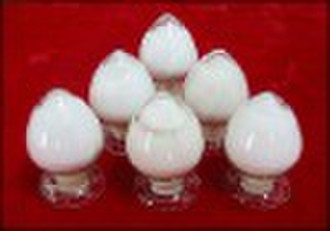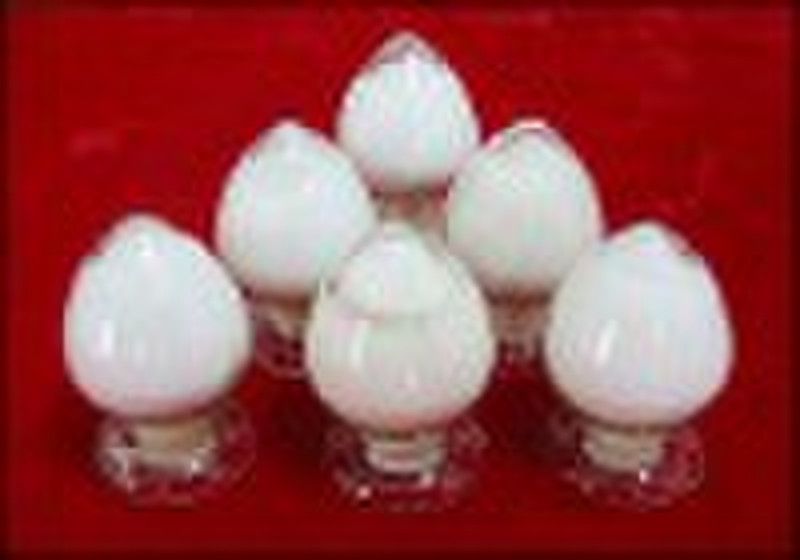Каталог
-
Каталог
- Автомобили и мотоциклы
- Безопасность и защита
- Бизнес
- Бытовая техника
- Бытовая электроника
- Детали машин и услуги по их изготовлению
- Дом и Сад
- Здоровье и медицина
- Игрушки и хобби
- Изделия из металла
- Измерительные и анализирующие приборы и инструменты
- Инструмент
- Красота и личная гигиена
- Мебель
- Мероприятия по охране окружающей среды
- Минералы и металлургия
- Модные аксессуары
- Обувь и аксессуары
- Одежда
- Освещение
- Подарки, сувениры
- Продовольственные товары и напитки
- Промышленное оборудование и техника
- Резина и пластмассы
- Сельское хозяйство
- Специальное оборудование
- Спорт, отдых и досуг
- Сток
- Строительство и недвижимость
- Текстиль и кожа
- Телекоммуникации
- Товары для офиса, учебы. Канцтовары
- Транспорт
- Упаковка и печать
- Химикаты
- Часы, Украшения, Очки
- Чемоданы, сумки
- Электронные компоненты, оборудование, принадлежности
- Электротехническое оборудование и принадлежности
- Энергия
Filters
Search
Джекман Аморфофаллус коньяк Глюкоманнан
Циндао, Китай

Xia Zhao
Контактное лицо
Основные данные
| Место происхождения | China (Mainland) |
|---|---|
| Бренд | Jacmann |
| Функции | Средства, регулирующие кровообращение |
Jacomann Konjac Glucomannan has many desirable physicochemical properties and so has attracted attention and interest everywhere and has found applications in many fields: In food industry, KGM is widely used as such food additives as emulsifying agent, thickener, stabilizer, coagulant, suspending agent, packing agent and quality improver. Medicine: KGM is praised as a cleaner for the bowels and a purifier for the blood in the medicine circle for its healthy functions of lowering blood sugar, blood lipid level, blood pressure and cholesterol, preventing diabetes and cancer, detoxification, and health promotion. In chemical industry, KGM is widely applied as binding agent, textile printing assistant, adhesive, natural preservative, and coagulant. In cosmetics industry, KGM is used in the manufacture of personal care products, shaving cream, body foam, body wash product and toothpaste. In textile printing, the good properties KGM in gelatinization,,rheology and water retention are exploited. In papermaking, the good properties KGM in cohesion, water retention and bleaching are exploited. Good water solubility: It is capable of absorbing up to 100 times its weight in water. Thickening capabilityKGM has a high molecular weight and great hydration and is charge free. The viscosity of the solution with 1% of konjac fine flour is as great as tens of thousands of mpa.s, which is greater than the viscosity of any other natural gums. Stability: In contrast with other thickening agents, such as xanthan gum, guar gum and locust bean gum, konjac gum is of the non-ionic type and is little affected by the salts in the system. Under ambient temperatures, it remains highly stable without the occurrence of any precipitation even if the pH drops to≤3.3. Substitution of konjac gum for locust bean gum as the thickening agent in ice cream or cheese production can inhibit icing and thus stabilize its quality. Gelation: Many foods depend on the gumming properties of some hydrophilic substances (e.g. karrageenin, pectin, gelatin and sodium alginate) for the formation of definite shape and structure and for ensuring the desired melting temperature. KGM is unique in its gumming property: it can form both heat reversible and heat stable gums depending on the circumstances. Therefore, it can be used to make many kinds of special foods. For example, taking advantage of its heat irreversible gumming property, it can be used to make konjac cakes, chips, slices, noodles and other bionics foods.
-
Способы оплаты
Для оплаты товаров и услуг на нашем портале, Вы всегда получаете счет, в котором Вам необходимо самостоятельно указать свои данные.
Мы принимаем к оплате:









